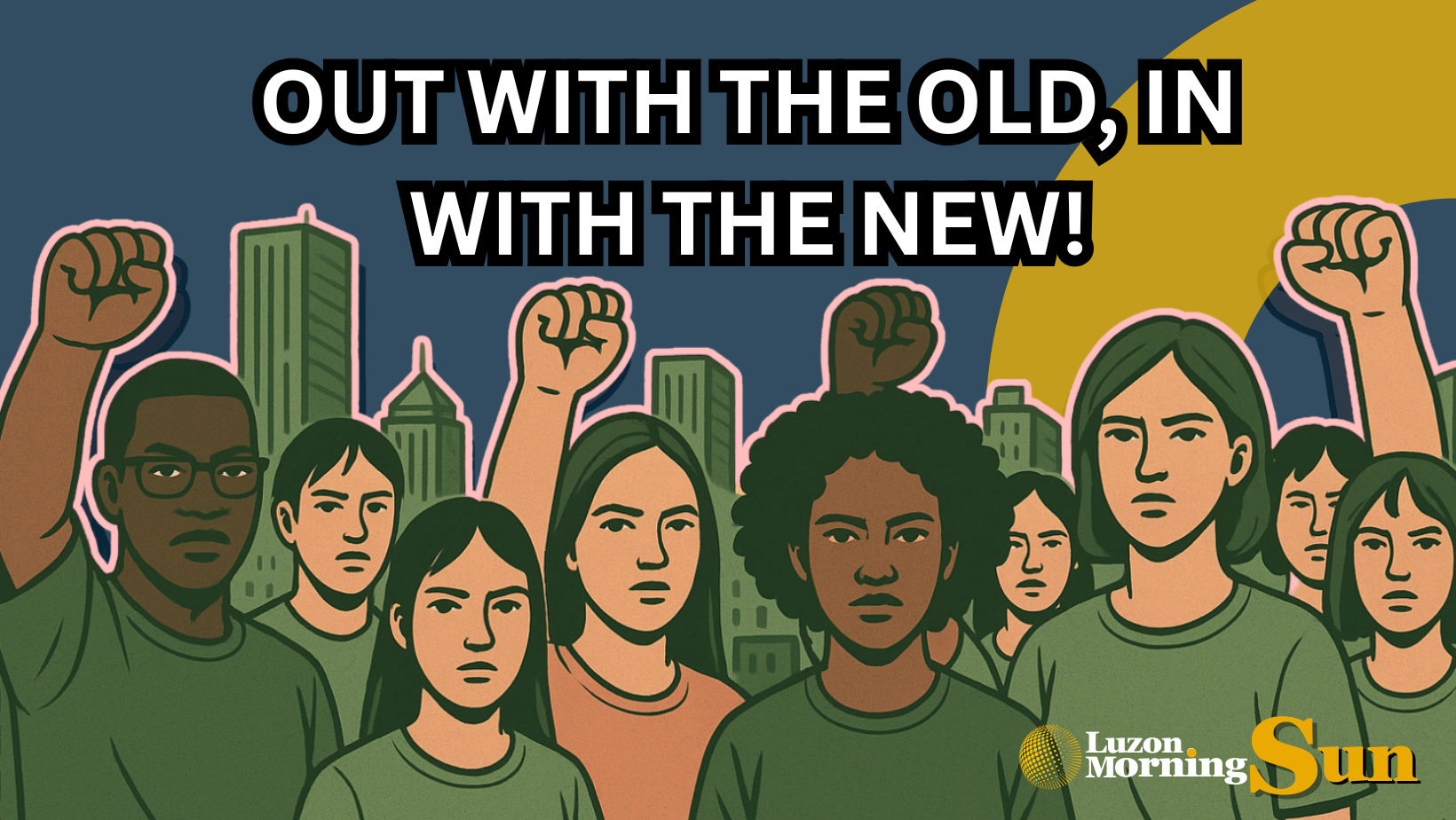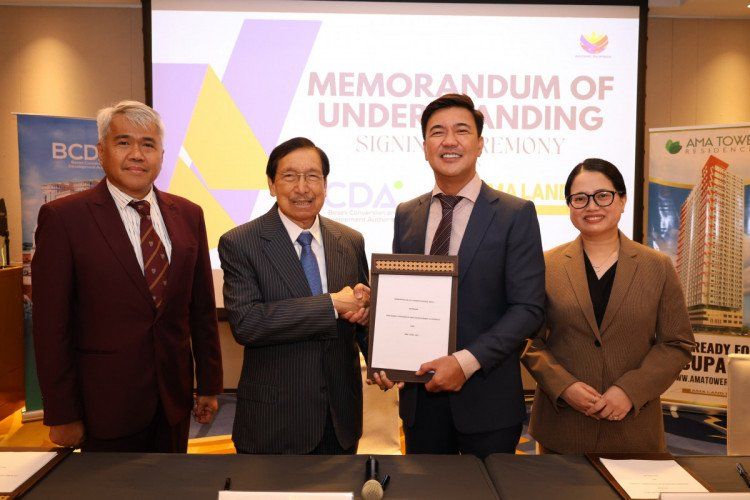Time to Pass the Torch: Why Political Comebacks Are Not the Answer
Malou Laxamana Pascual — May 5, 2025
Time to Pass the Torch: Why Political Comebacks Are Not the Answer

BAGUIO CITY — As the May 12 election nears, a quiet but growing movement is making itself heard in Baguio City. It does not come from the traditional campaign stage or the usual political dynasties. It is not funded by machinery or driven by name recall. It comes from the ground, from the young, and from those who are tired of the cycle. Tired of the same names, the same faces, the same families. Tired of watching opportunity slip away as public service is reduced to a personal brand.
In a widely shared open letter, Baguio’s youth have made their position clear: Out with the old. In with the new. And not just in theory—but in the actual choices voters must make.
The Family Takeover
For decades, the city has seen familiar surnames circle its public offices like clockwork. For the first time in the city’s political history, Baguio faces the alarming possibility of a husband-and-wife dynasty occupying two of its highest elective positions. This is not a matter of continuity—it’s a calculated consolidation of power under one household. Never before has the city seen such a direct attempt to institutionalize a family’s hold over both executive and legislative branches. It is a bold and troubling maneuver that mocks the spirit of representative democracy and sends a clear message: public office is no longer about public service—it’s about preserving influence within private hands.
Out with the old. In with the new
Experience, while valuable, has become a crutch. Instead of using their wisdom to mentor others, many veteran politicians now wield their age and tenure as proof of entitlement to office—regardless of performance, relevance, or the demands of a changing world. But let’s be clear: City Hall is not a retirement home. It is not a place for fading legacies to be preserved by habit or sympathy. It is a seat of action, vision, and urgency—qualities that should never be dulled by nostalgia or overstayed ambition.
Among those returning to the political stage is Atty. Mauricio Domogan, a name synonymous with Baguio politics for over three decades. Once respected for his long service, his decision to run again for Congress has triggered a deeper, uncomfortable question: When is enough, enough? Even his rival, Nick Aliping, did not mince words—calling Domogan “overqualified and overexperienced.” That sentiment is not just a jab. It reflects a broader frustration with political figures who, despite having held almost every available position, refuse to step aside.
Let’s be honest: Domogan has had his time. Mayor. Congressman. Mayor again. His legacy is already sealed—for better or worse. And at his age, many believe the most honorable move is not another run, but a graceful exit.
This is not about ageism. This is about urgency. The city is confronting modern challenges: the housing crisis, corruption, outdated infrastructure, mental health concerns, environmental decay, digital transformation. These are not issues that can be solved with old playbooks and traditional politics. They demand energy, innovation, and political will untainted by decades of compromise.
More importantly, they demand new leaders—people who are not products of dynasties but products of action. And they are already out there: young community organizers running feeding drives, mental health advocates helping struggling youth, volunteers cleaning up creeks and fighting for climate justice, educators and entrepreneurs building local solutions with zero fanfare and zero budget.
These leaders have never sat in office, yet they’ve already done more than some who have been there for decades.
So why aren’t they being chosen? The answer lies in habit—and in the grip of traditional politics. Dynasties dominate because voters are made to believe there are no alternatives. But there are. And it is time to choose them.
This is not just a call for generational change. It is a call for courage. To vote not based on nostalgia, or seniority, but on merit, track record, and potential. It is a call for the old guard to recognize that public service is not a lifelong entitlement—but a responsibility that, at some point, must be passed on.
Let this election be a turning point. Let those who once led with distinction now lead by example—by stepping aside, mentoring the next generation, and proving that legacy is not measured by how long you stay in power, but by what you leave behind.
Baguio deserves better. Baguio deserves new.
And this May 12, we get to choose.




